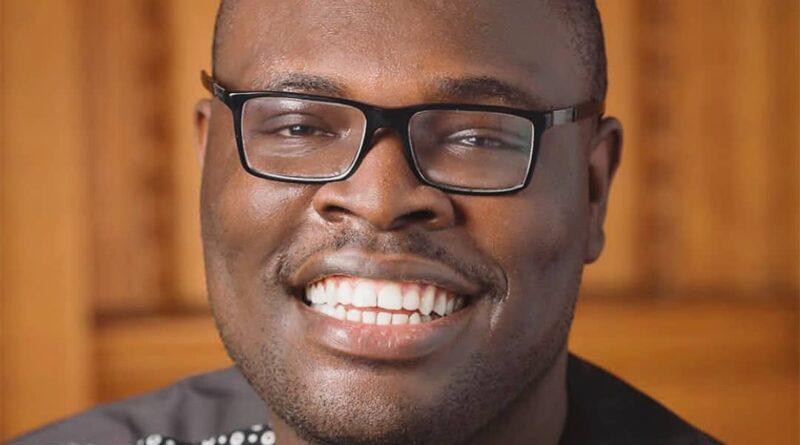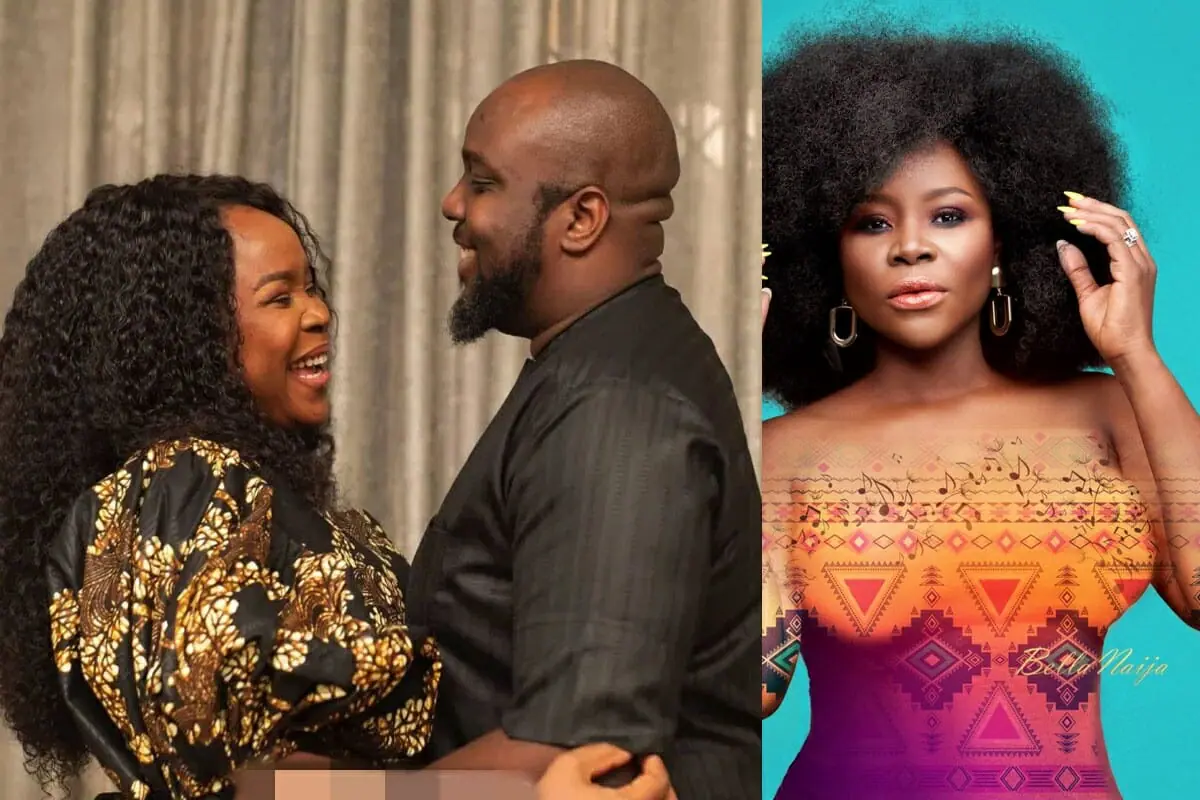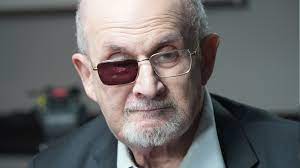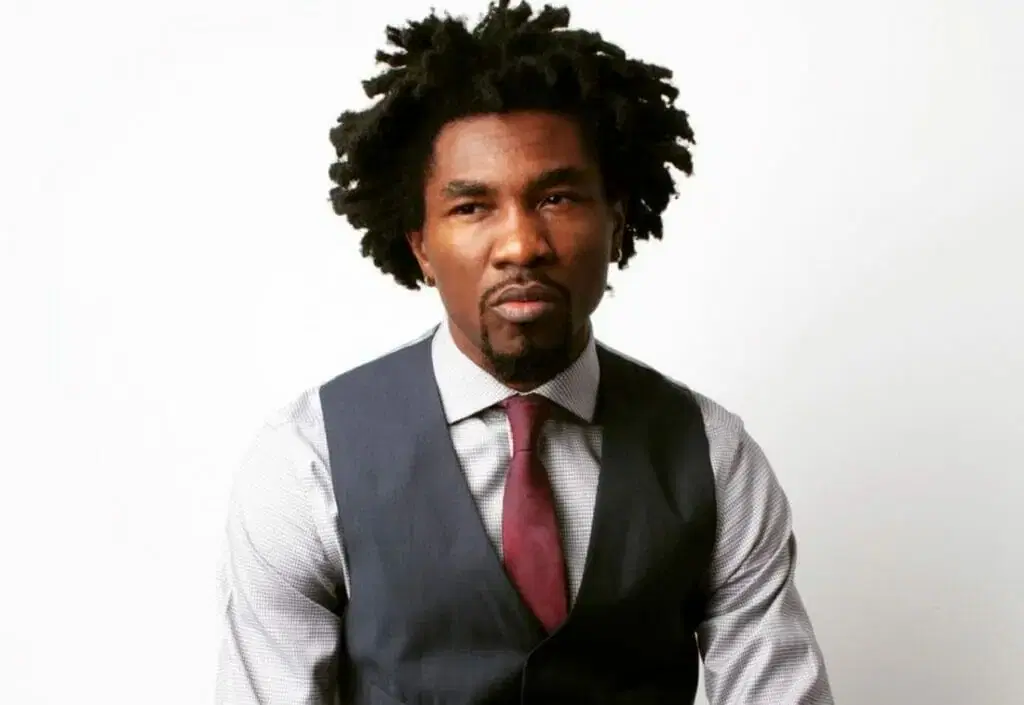Chude Jideonwo Highlights Yoruba Dominance in Nigerian Filmmaking
Media personality Chude Jideonwo recently sparked discussions about the state of Nigerian cinema by asserting that the country’s biggest filmmakers are predominantly from the Yoruba ethnic group. During a post on Instagram, he highlighted the significant contributions of Yoruba filmmakers to the industry, drawing attention to their dominance in both local and international markets.
In his remarks, Jideonwo named several prominent Yoruba filmmakers, including Toyin Abraham, Kemi Adetiba, Funke Akindele, Mo Abudu, Kunle Afolayan, and Femi Adebayo. He argued that these filmmakers have played a crucial role in shaping the narrative of Nigerian cinema, particularly in the realm of mainstream and streaming films. Their works have not only gained popularity within Nigeria but have also found audiences on global platforms like Netflix and Amazon Prime Video.
Jideonwo pointed out that Yoruba movies have made a more substantial impact on international streaming services compared to films from other ethnic groups, such as Hausa and Igbo. He emphasized that, while there have been notable productions in these languages, such as Genevieve Nnaji’s “Lionheart,” the overall representation of Hausa and Igbo films on platforms like Netflix remains minimal. This observation raises questions about the accessibility and visibility of diverse Nigerian storytelling in the global film industry.
He further explained that the Yoruba filmmaking culture has effectively integrated into the broader Nigerian cinematic landscape, influencing and merging with other groups. This integration has contributed to the rise of numerous successful Yoruba films, which have become mainstream cultural hits. Jideonwo’s analysis highlights not only the achievements of Yoruba filmmakers but also the challenges faced by filmmakers from other ethnic backgrounds in gaining similar recognition.
The conversation around Yoruba dominance in filmmaking prompts important discussions about representation and diversity in the Nigerian film industry. It encourages a closer examination of how different cultures and languages are portrayed and marketed in cinema. As Jideonwo’s comments resonate within the entertainment community, they may inspire emerging filmmakers from various backgrounds to explore new avenues for storytelling and audience engagement.
Overall, Jideonwo’s assertion shines a spotlight on the significant contributions of Yoruba filmmakers while also calling for greater inclusivity and recognition of the rich tapestry of Nigerian cinema. As the industry continues to evolve, it will be interesting to see how filmmakers from all backgrounds can collaborate and contribute to the vibrant narrative of Nigerian film.








